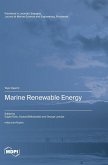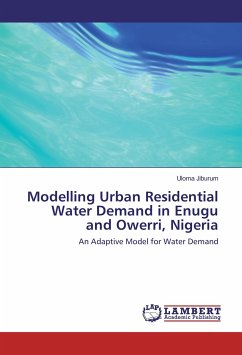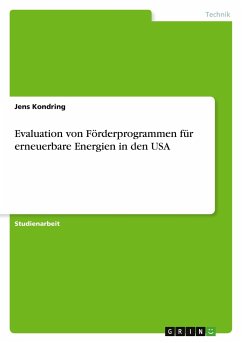Bachelor Thesis from the year 2022 in the subject Energy Sciences, grade: 1.3, Technical University of Berlin (Wirtschafts- und Infrastrukturpolitik), language: English, abstract: This paper will analyse Demand Side Management (DSM), an approach to include the demand side in the electricity system and consequently increase flexibility. The demand side should be regarded as a variable and not as fixed, as Gellings put it beautifully. With renewable energy, energy production becomes a variable source, and the demand has to adapt accordingly. The concept of DSM has been used in the USA since the 1980s but remains a novel subject in the European Union (EU). In 2009, the European Commission set the target to increase the capacities of DSM because only a tenth of the actual potential was used within the EU in 2014. A significant obstacle regarding DSM is the deviating estimation of DSM Potentials. There exist multiple studies, which estimate the potential in Germany, but due to the high deviations that exist between them, making it is dicult to estimate the real potential. For investments, this is an important measure, and it should have high accuracy. These deviations potentially come from a missing definition for DSM, which is often entangled with Demand Response (DR), sector coupling and load management. As no clear definition or distinction to other terms is visible, it seems necessary to define the term DSM. For that, chapter 2 analyses the initial objective, modern approach and relative terms of DSM. Eventually, this leads to a more precise distinction, which helps to calculate the DSM potential from Germany with a broad analysis of multiple studies. These studies are typically based on different assumptions and were conducted in different years, therefore having different annual electricity consumption and consequently di¿erent potentials (Ladwig, 2018). A normalisation with regard to the annual electricity consumption will be performed and followed by a distinction of the assumed restrictions. Here, it helps to look at the DSM groups, which can implement DSM measures and point out their individual restrictions and challenges that would limit their potential or increase the complexity of integration. Scientific modelling helps to estimate the effects of novel approaches on the electricity system. As DSM has many interdependencies and is very decentralised through many individual participants, different approaches for a framework of DSM will be analysed.
Bitte wählen Sie Ihr Anliegen aus.
Rechnungen
Retourenschein anfordern
Bestellstatus
Storno








